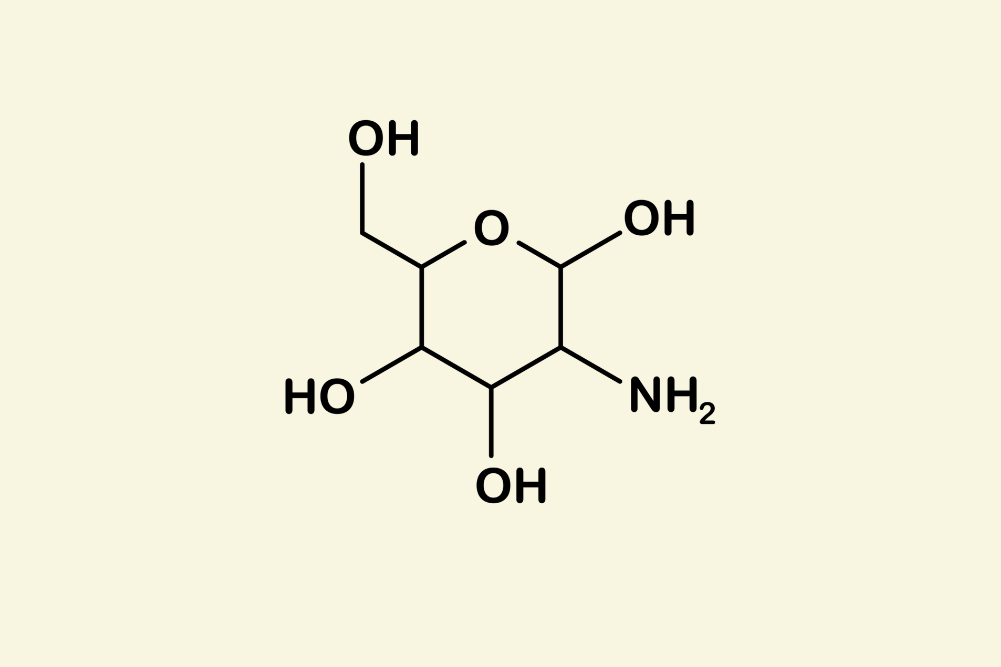Being true to you
The idea of being true to yourself is embedded deep within us. Our most revered playwrite Shakespeare himself wrote, “To thine own self be trueâ€. Philosophers like Satre could not stop themselves rabbitting on about the need to be true to your own self in the face of societal pressure to conform. The problem is: what is your true self?
Psychologists use the term “authenticity†to describe what a person feels when they display their “true†self. Previous research has shown that feeling authentic has a very positive effect psychologically.
So far the playwrites, philosophers, and psychologists are in alignment; being true to yourself leads to a happier, more fulfilling life. This new research though has provided a twist in the tale because it challenges our notions of what being “true to yourself†means.
The researchers conducted a series of experiments on adults ranging in age from eighteen to 51 to come to their conclusions. The studies involved the subjects engaging in tasks including everything from playing Twister to discussing ethics and then reporting about whether they had expressed their true selves. These reports were then compared to questionnaires that the subjects had completed to establish their personality traits.
The popular idea is that people will feel most authentic when they are behaving in a way that is consistent with their personality traits. According to this study, that is not the case.
What these researchers found was that there are certain ways of behaving that are regarded as being “true to yourself†and “authentic†regardless of who you are and what your “personality†is. Authenticity was consistently associated with acting highly extraverted, agreeable, conscientious, emotionally stable, and intellectual. This was true even for introverted, disagreeable, and careless people.
This suggests that there is something inherent about the content or consequences of these behaviours or qualities that make all of us feel more authentic. Perhaps the universality of these qualities explains why everyone has a novel in them and could’ve made it as an actor if only they had persisted.
Shakespeare and Satre would be disappointed by these findings; they do lack romance and raise issues about the nature of the individual, what exactly is “personalityâ€, and is there a “self†to aspire toward knowing? Intuitively the answer to this last question is a thumping “YES†but this research does not sit easily with that notion. Inevitably studies like this pose more questions than they answer but aren’t those questions just begging to be teased out over a glass of merlot this evening!
Meanwhile if you visit Meijer Ad that contains mostly likewise discounts with Winn Dixie Ad you surely have a range like ALDI Ad.







